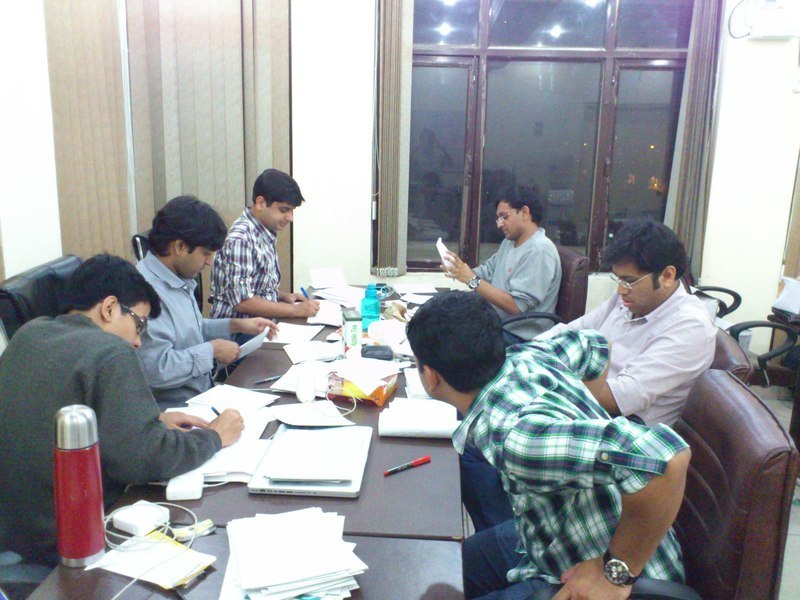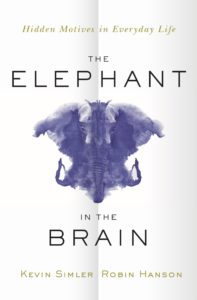I love evolution. It’s hard to not get awed by a process that took Earth, a big rock full of chemicals, and gradually chiseled it to create humans, creatures full of complex emotions and behaviors. Impossible as it may seem, the mind-bogglingly diverse human behavior can be explained via evolution.
Let’s take our sense of boredom. We dislike doing nothing so much that sitting still during meditation requires active concentration. We have this anti-boredom drive because our ancestors who were action-oriented survived longer and had more babies, ultimately outnumbering our ancestors who were happy chilling and doing nothing. ...


